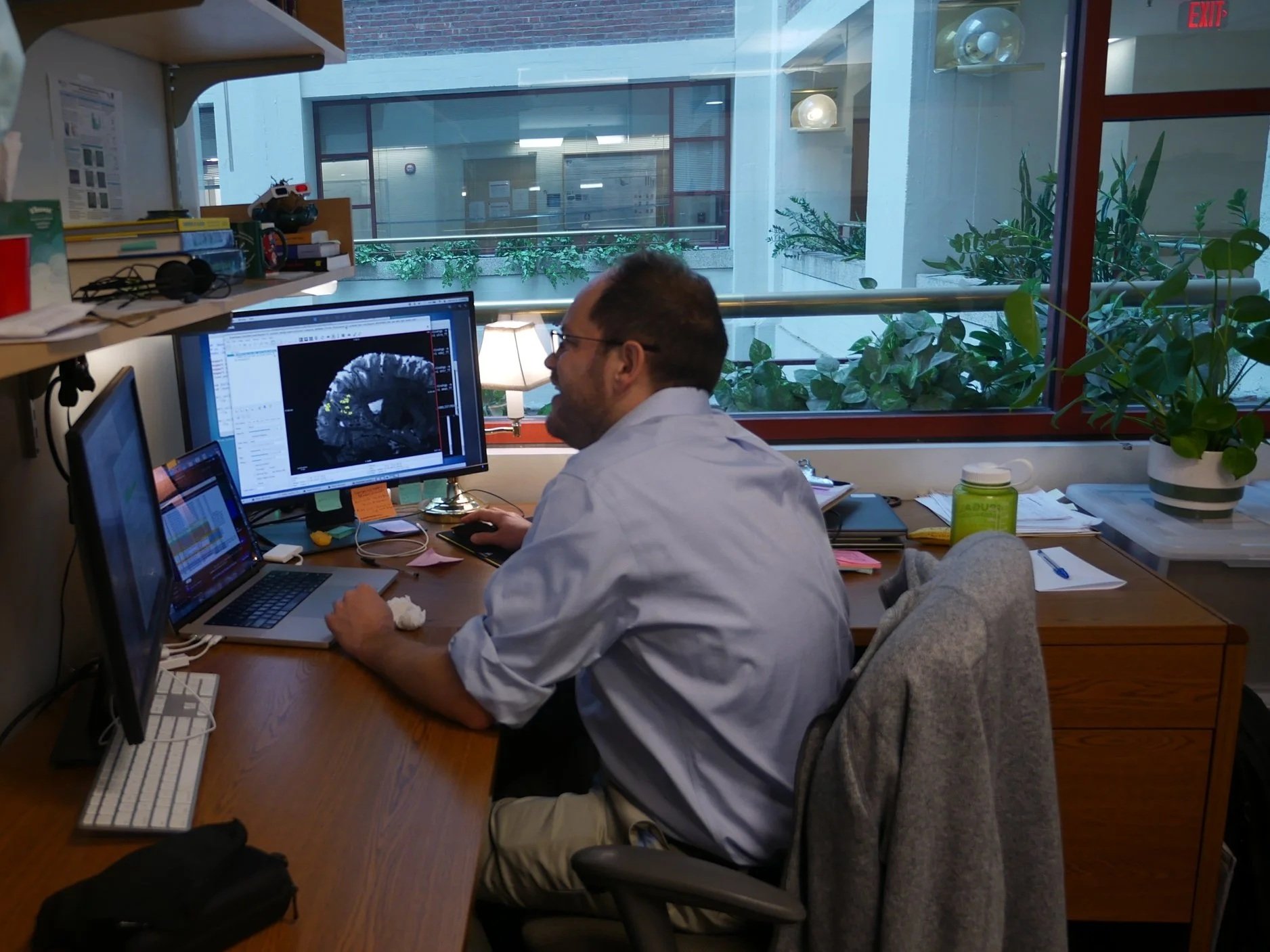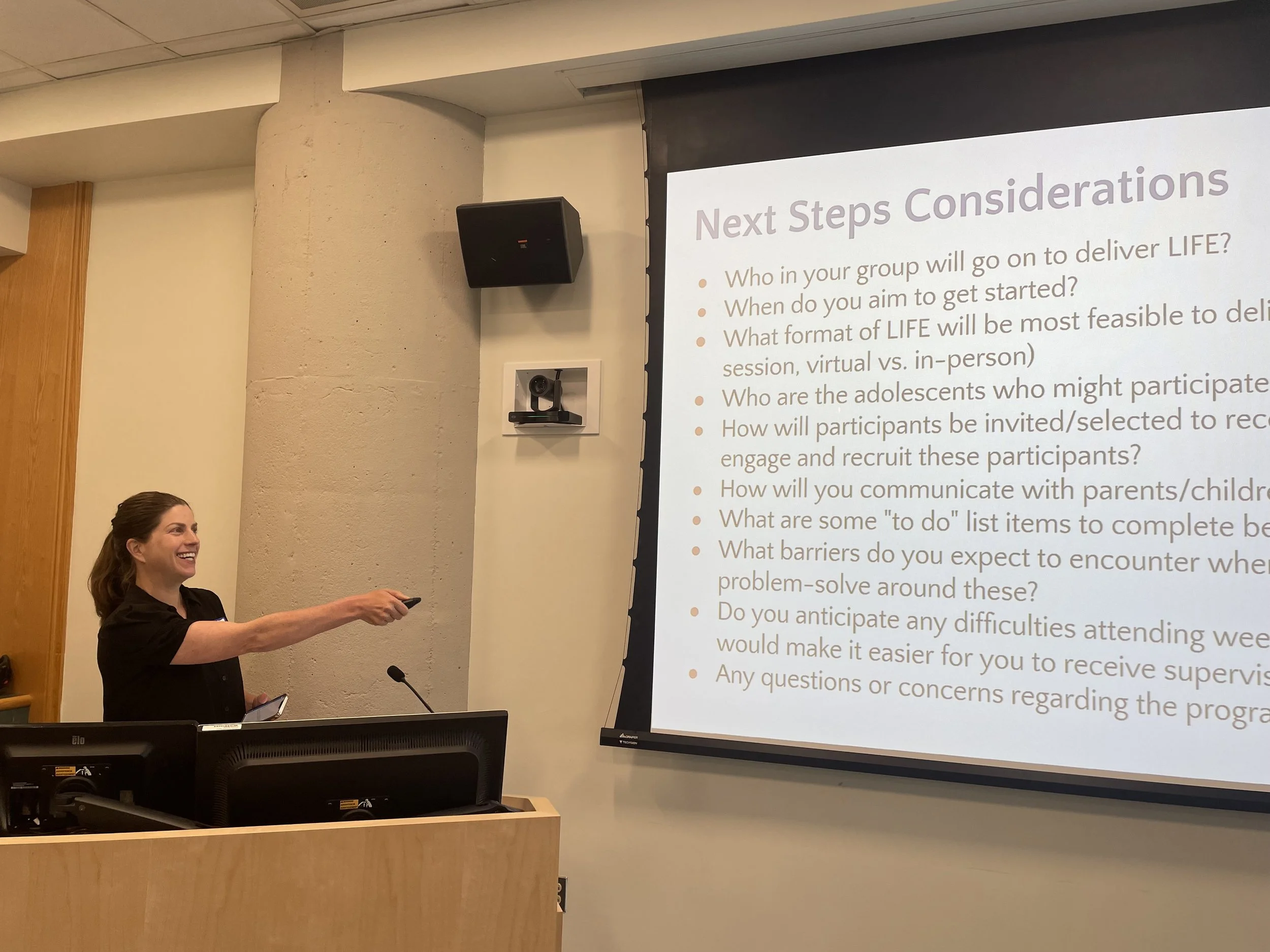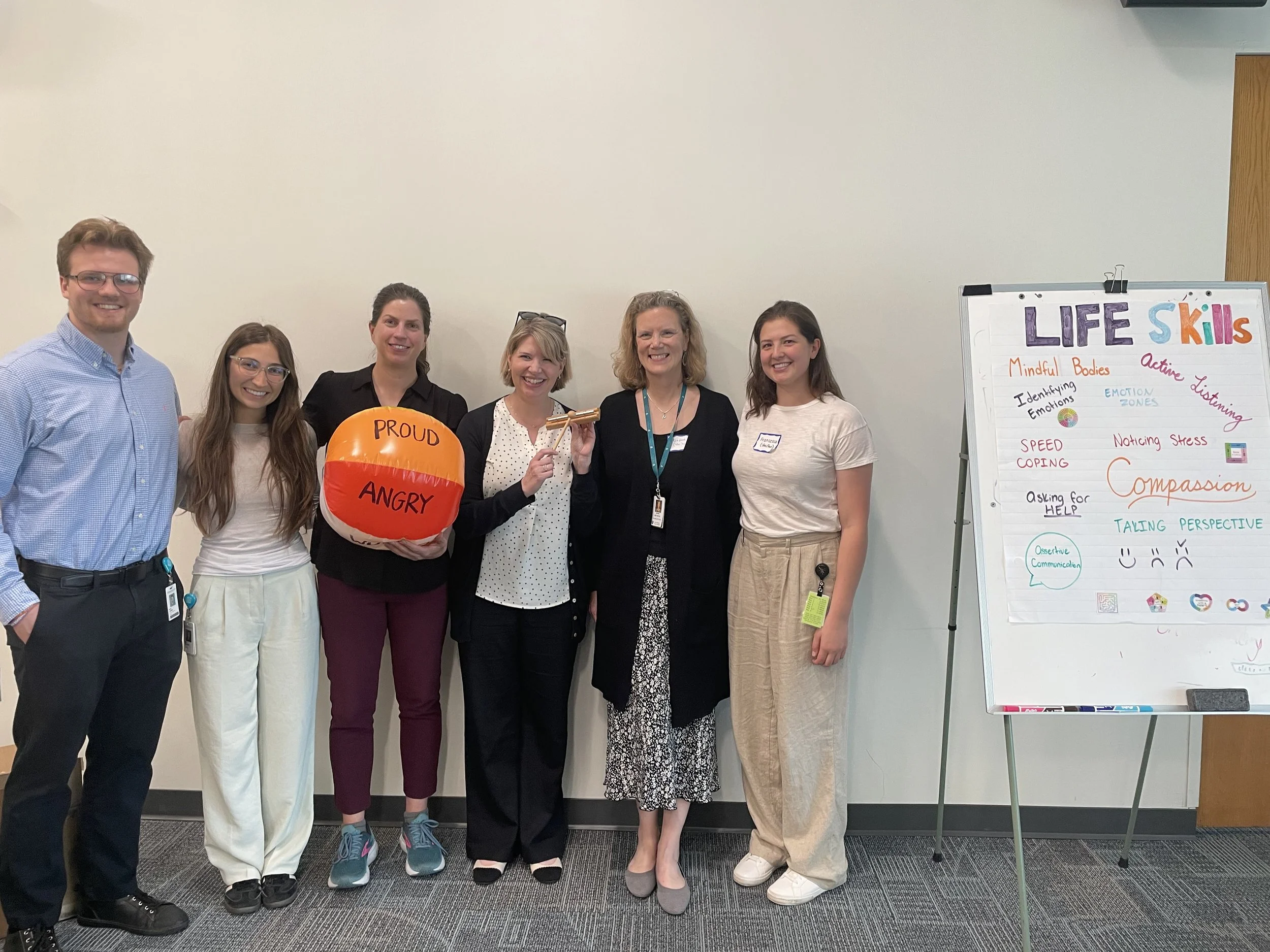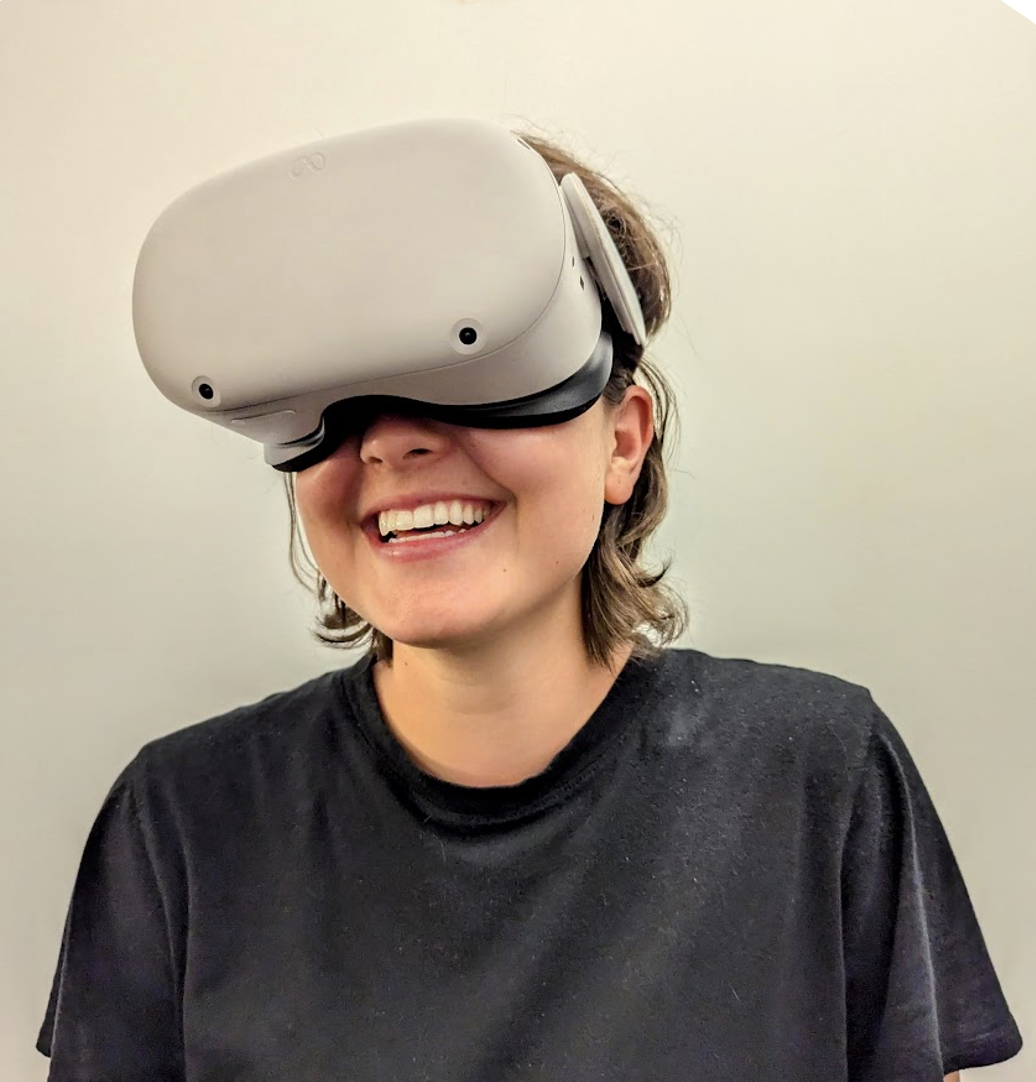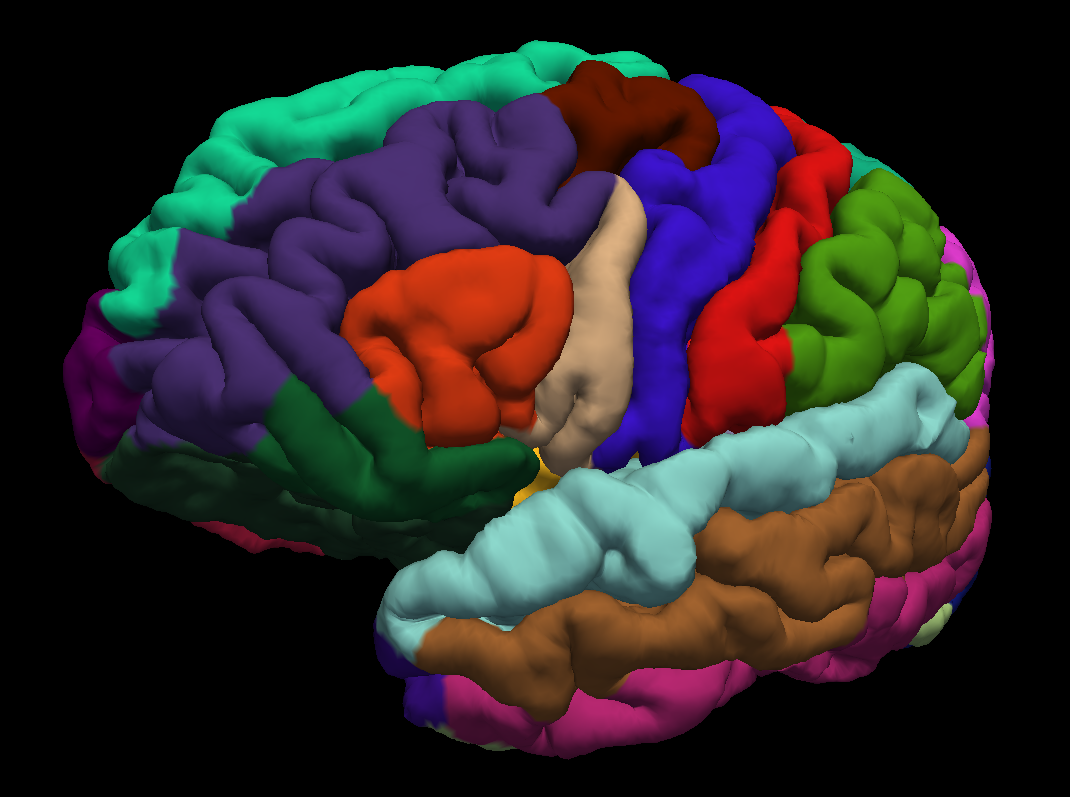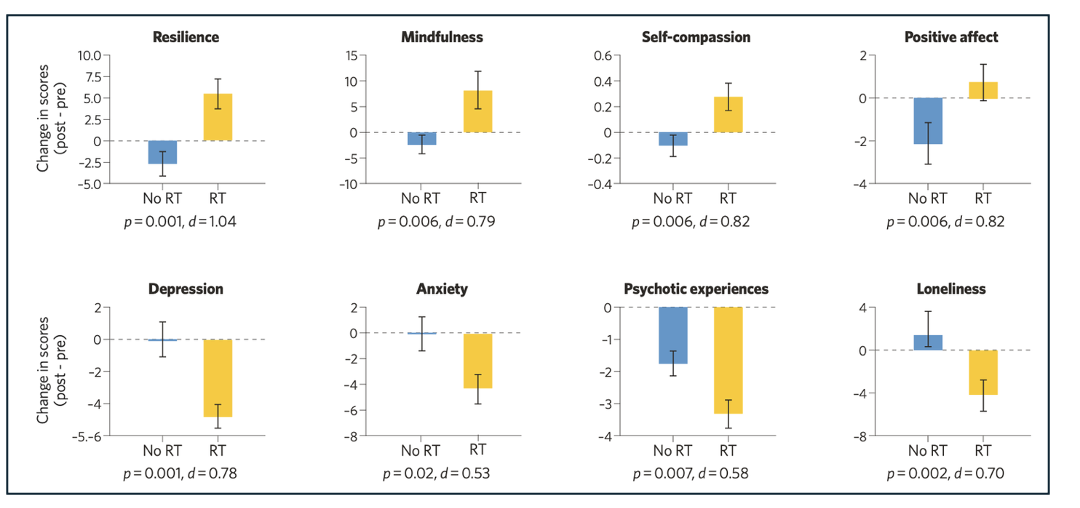Our Mission
The Resilience and Prevention Program explores how people grow through adversity—whether personal, social, or systemic. Resilience is not a fixed trait, but a dynamic process shaped by identity, context, and community.
Our mission is to evaluate practical, evidence-based strategies that help individuals build inner strength and thrive in the face of life’s challenges.
Our projects focus on three related goals:
Understanding mechanisms of risk, resilience and change, using advanced research methods
Measuring whether or not specific interventions that aim to improve resilience and reduce risk for mental health challenges are feasible and beneficial
Training people to provide resilience-enhancing interventions to the adolescents and young adults served by their organizations (schools, colleges, community youth centers)
Adolescence is a time when many changes are occurring in the way that kids think about themselves and other people. Therefore, it can be helpful to provide young people with new approaches for managing their feelings, challenging social situations, and family difficulties. We have developed a program that introduces resilience-enhancing skills to middle school-aged adolescents in an 8 (or 16) session group program that also includes meetings for caregivers.
Young Adults
We have developed and tested a brief (4 session) program for college students that builds resilience-enhancing skills including: mindfulness, flexible thinking, mentalization, and self-compassion. This program has been conducted in-person, via Zoom, and using a virtual reality application. A randomized controlled trial showed that the program increases resilience-promoting capacities and reduces symptoms of psychopathology.
For both the adolescent and young adult programs, we provide trainings that teach clinical and non-clinical staff how to run these programs in their organizations.

Contact Us
Mindfulness Exercises
We have several pre-recorded mindfulness exercises available for anyone to use at any time. The practice of mindfulness techniques has been shown to reduce symptoms of anxiety and depression and to improve resilience and brain health.

